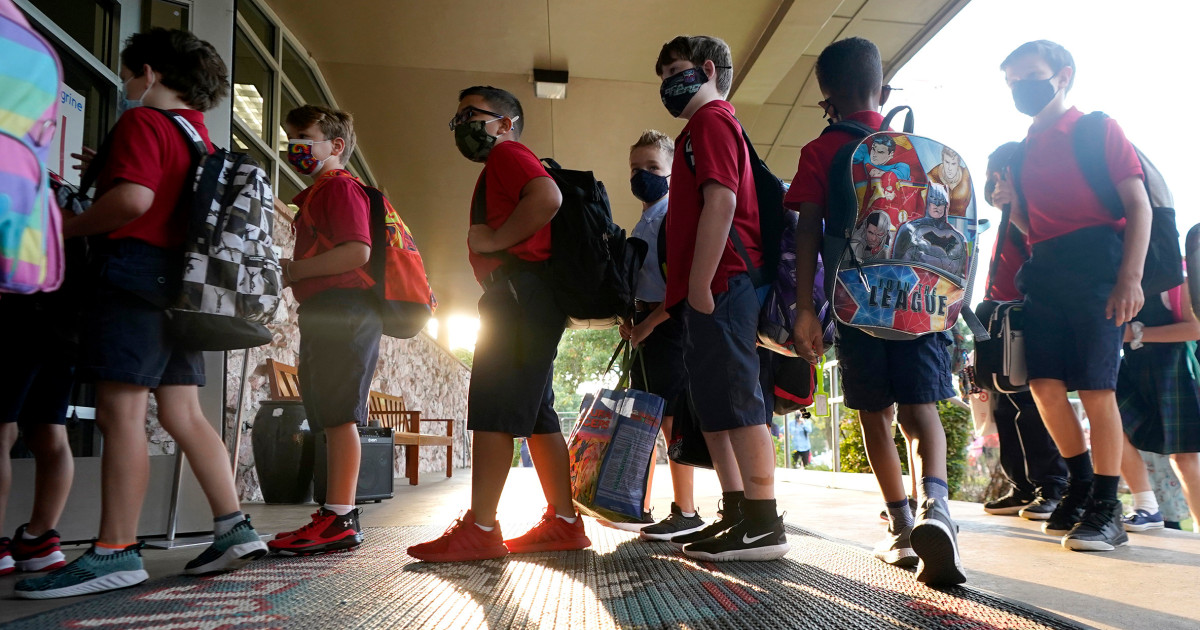
The Food and Drug Administration on Friday authorized Pfizer-BioNTech’s lower-dose Covid-19 vaccine for children ages 5 to 11, making it available to 28 million children in the United States.
The FDA’s move comes several days after its advisory committee voted 17-0, with one abstention, in favor of recommending the vaccine for children. The committee concluded that the benefits of vaccination outweigh its risks.
Full coverage of the Covid-19 pandemic
During a press conference Friday, acting FDA Commissioner Dr. Janet Woodcock and director of the FDA’s Center for Biologics Evaluation and Research Dr. Peter Marks emphasized the safety and effectiveness of the vaccine.
“As a parent, if I had young child children in this age group, I would get them vaccinated now,” Woodcock said. “I would not want to take the risk that they would be one of the ones who would develop long Covid, who would develop multisystem inflammatory syndrome, or have to be hospitalized from the virus.”
Marks noted that most of the children in the clinical trial were exposed to the delta variant.
“The effectiveness here that was shown of 90.7 percent was likely in this setting of delta variant, which I think that’s, again, it’s very encouraging,” Marks said during the briefing. Though cases are currently going down in the U.S., winter is approaching, and the delta variant spreads very well indoors, he said. “To me, the rationale here is protect your children so that they can get back towards normal lives and so that you feel more comfortable with the activities that they would like to go about doing.”
The advisory committee’s vote Tuesday had capped off a robust debate about the potential risks and benefits of the shots for younger children, as advisers cited concerns about the unknown rates of an inflammatory heart condition called myocarditis, and whether children would even need protection from Covid.
“It’s always nerve-wracking, I think, when you’re asked to make a decision for millions of children based on studies of only a few thousand children,” committee member Dr. Paul Offit, a vaccine researcher at Children’s Hospital of Philadelphia, said Tuesday during the discussion. “The question is, when do you know enough? And I think we certainly know that there are many children between 5 and 11 years of age who are susceptible to this disease who could very well be sick and are hospitalized or die from it.”
Committee member Oveta Fuller, an associate professor of microbiology and immunology at the University of Michigan, agreed.
“The benefits of this option far outweigh the known risks,” she said during the discussion. “We certainly cannot anticipate all the risk ahead, but we know we have systems in place that can help us do that. So, I think we have to take a step and say we want to make this option available for what it might do to help the children, as well as others in this pandemic.”
In a presentation to the FDA on Tuesday, Pfizer said its vaccine was nearly 91 percent effective at preventing symptomatic illness in children, adding that it appears to hold up well against the highly transmissible delta variant.
Dr. Michael Kurilla, an infectious disease expert with the National Institutes of Health, abstained from voting.
In a statement explaining his abstention, he said, “While there are clearly high-risk groups within the 5 to 11 age group for which this vaccine would significantly reduce serious disease, I do not expect protection from infection to last more than a few months and this may negatively impact public perception of vaccines.”
Though children are less susceptible to severe illness from Covid, more than 1.9 million children ages 5 to 11 have tested positive for the coronavirus over the course of the pandemic, and more than 8,400 have been hospitalized, Dr. Fiona Havers, a medical officer with the Centers for Disease Control and Prevention, told the FDA advisory committee Tuesday.
Ninety-four children have died of Covid, making it the eighth leading cause of death in this age group, she said.
Kids who test positive for Covid are also at risk for multisystem inflammatory syndrome in children, or MIS-C, a rare inflammatory condition. As of Oct. 4, as many as 5,217 children of all ages have developed MIS-C, and 46 have died, Havers said, adding that the condition was most common in children ages 5 to 11.
Download the NBC News app for full coverage of the Covid-19 pandemic
The decision will now go to an advisory committee for the CDC, which will convene to make additional recommendations about who should receive the shots, for example, whether the vaccines should be limited to certain groups of children.
Once CDC Director Dr. Rochelle Walensky signs off on those recommendations, young children can get start getting their shots.
The vaccine for children ages 5 to 11 is a smaller dose than the one given to those 12 and older — 10 micrograms of mRNA versus 30 micrograms. Like in adults, the full vaccination series consists of two doses given three weeks apart. The children’s doses will come in vials with an orange cap and an orange label. The doses for adults and teens come in vials with a purple cap and a purple label.
Pfizer’s Covid vaccine is fully approved for teens and adults 16 and older, and may be given under emergency use authorization for children and teens 12 to 15. It’s the most widely used vaccine in the U.S., with more than 243 million doses given as of Tuesday, according to the CDC.
A vaccine for the youngest group in the U.S. — children ages 4 and under — is probably still a few months off, Marks said Friday.
That’s due in part to when the children were enrolled in the trials, he said, as well as the careful considerations of the benefits versus risk, because the youngest children are the least affected in terms of severe illness from the coronavirus.
Follow NBC HEALTH on Twitter & Facebook.

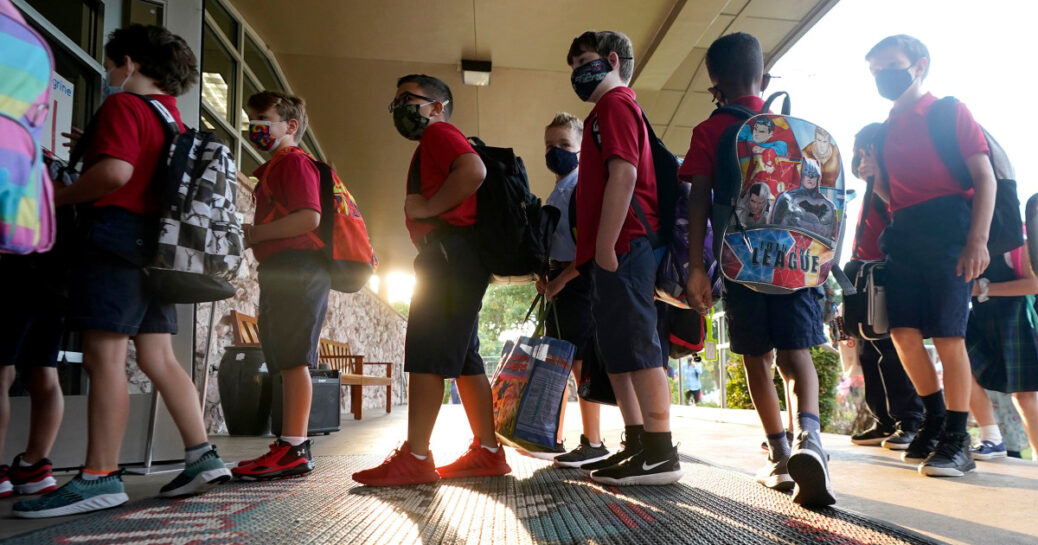
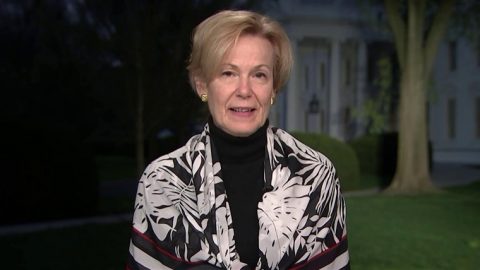



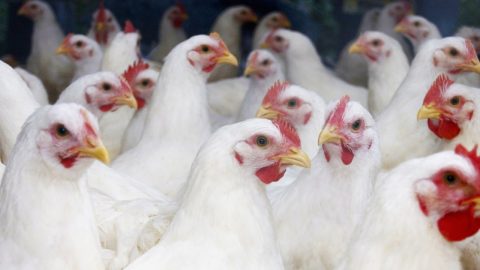
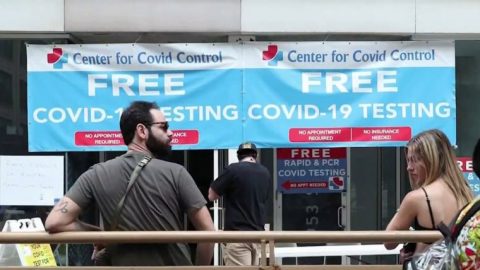
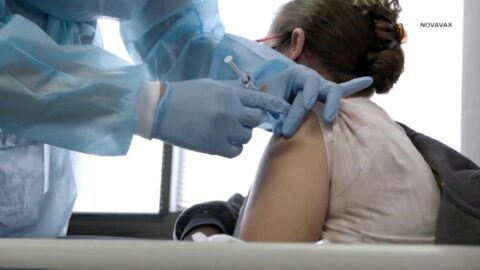
Recent Comments